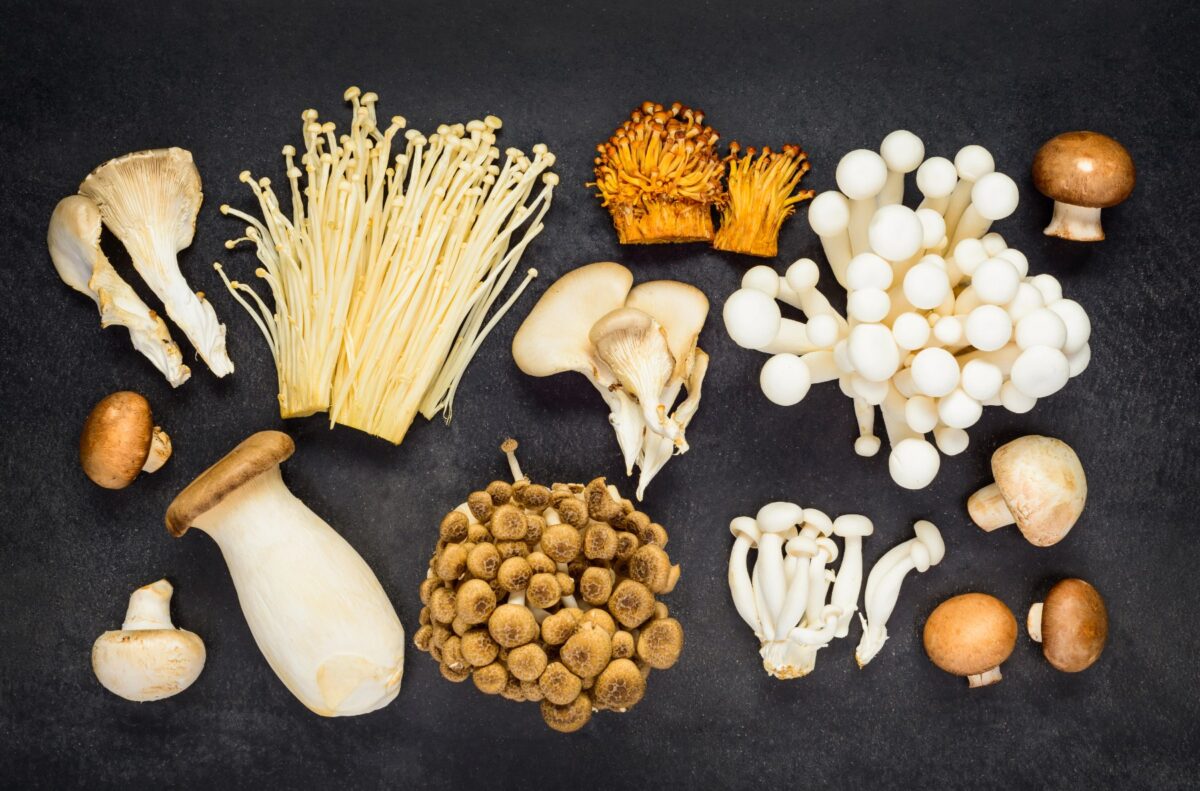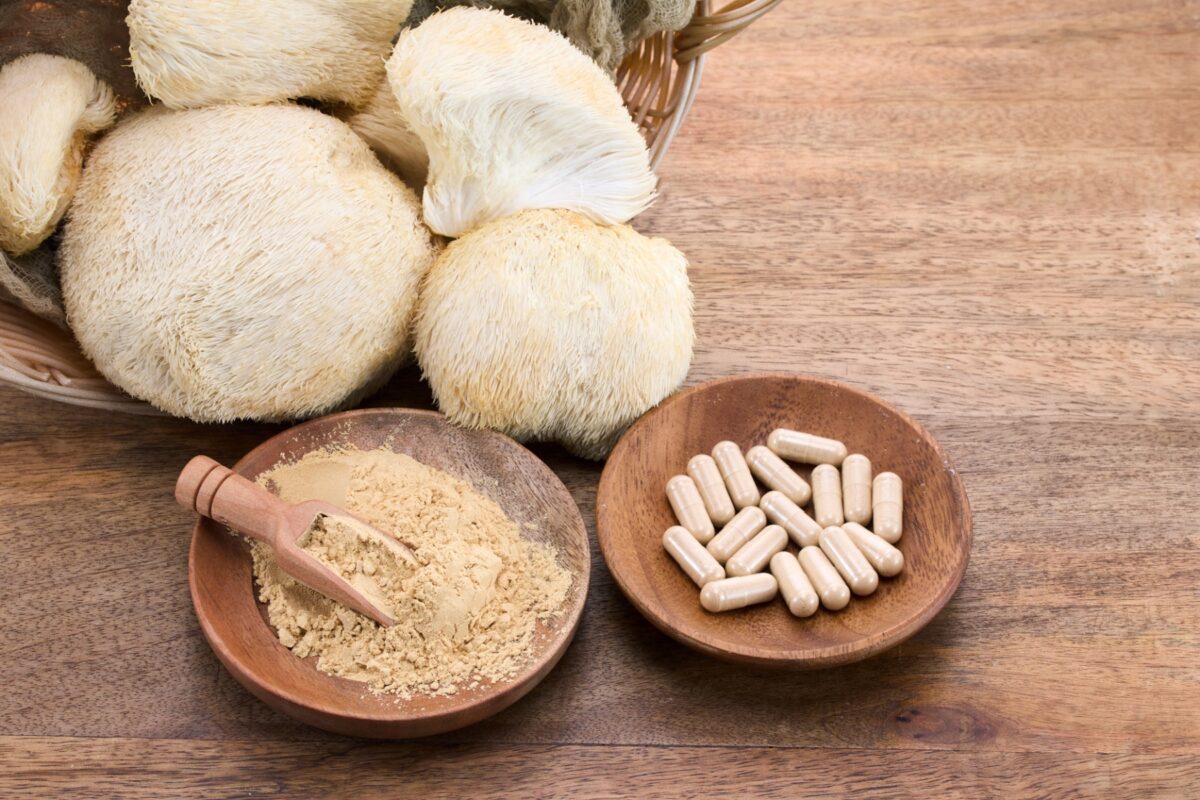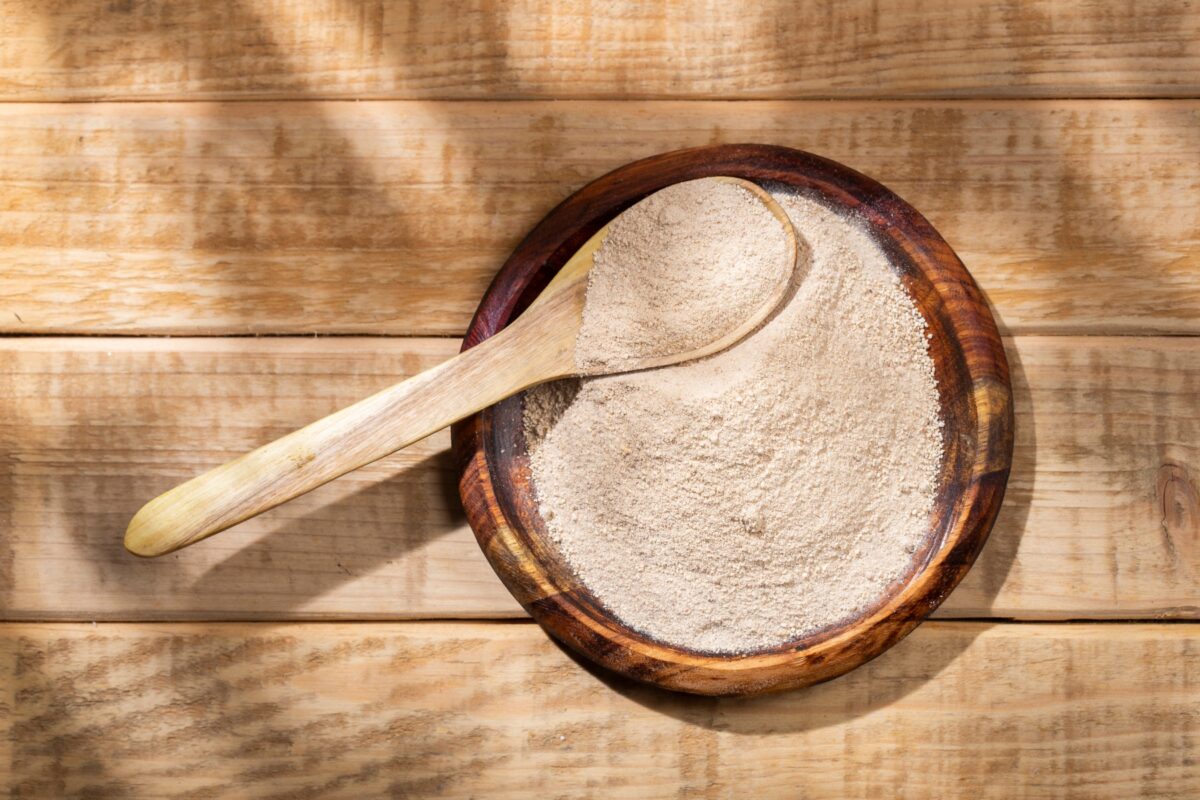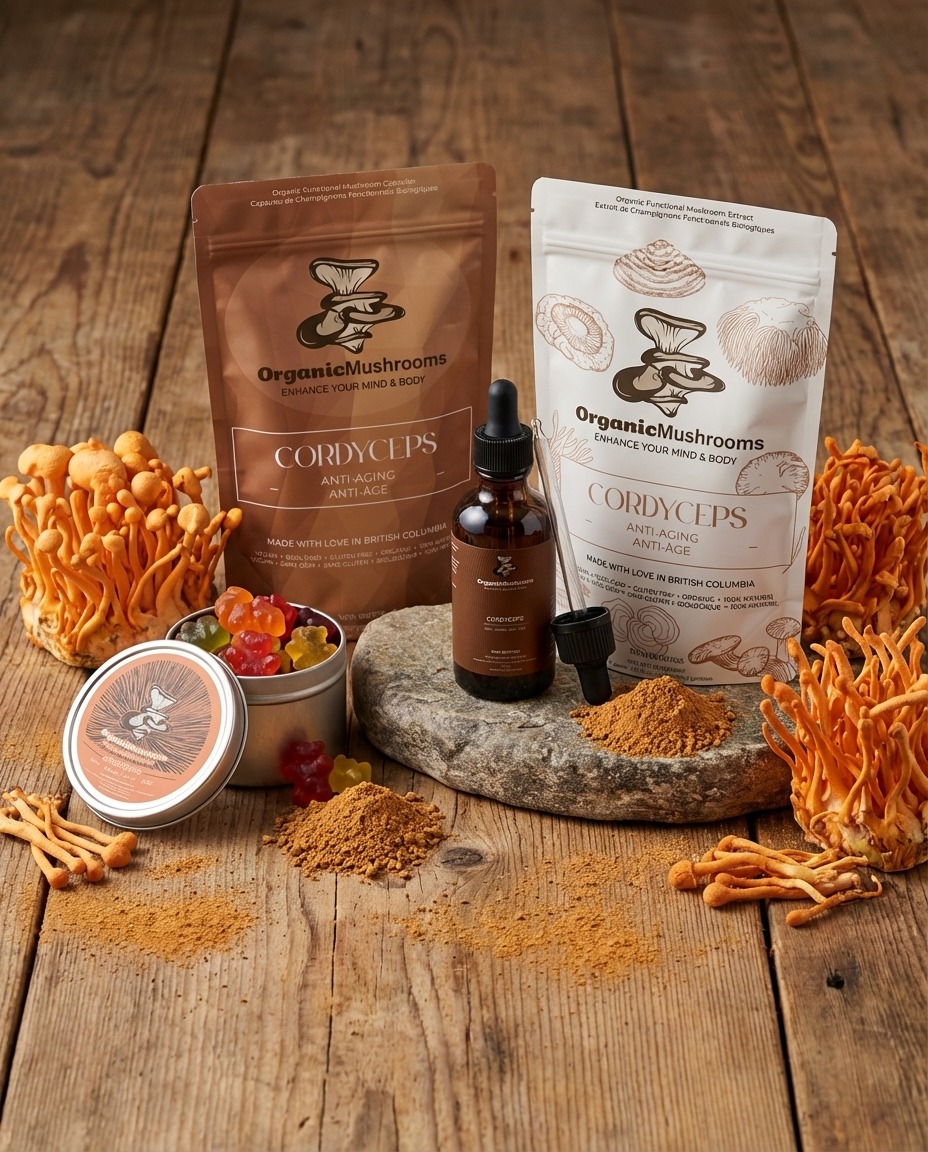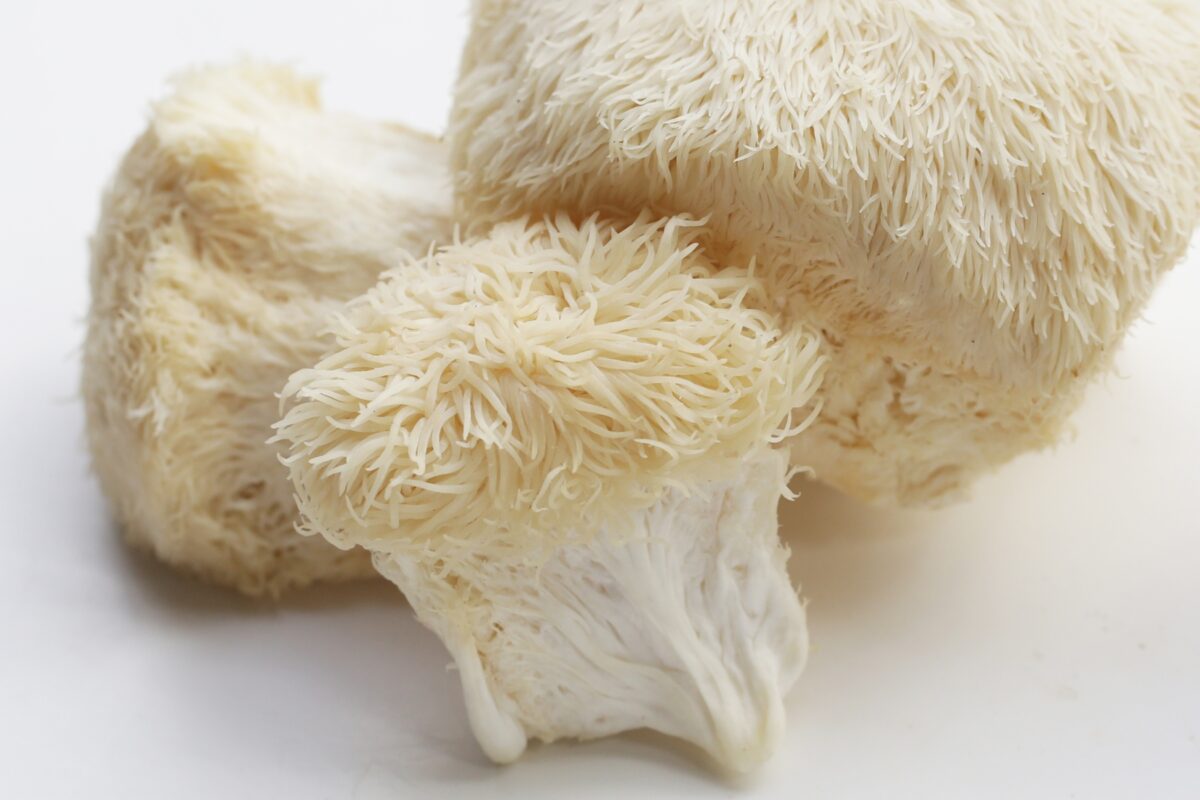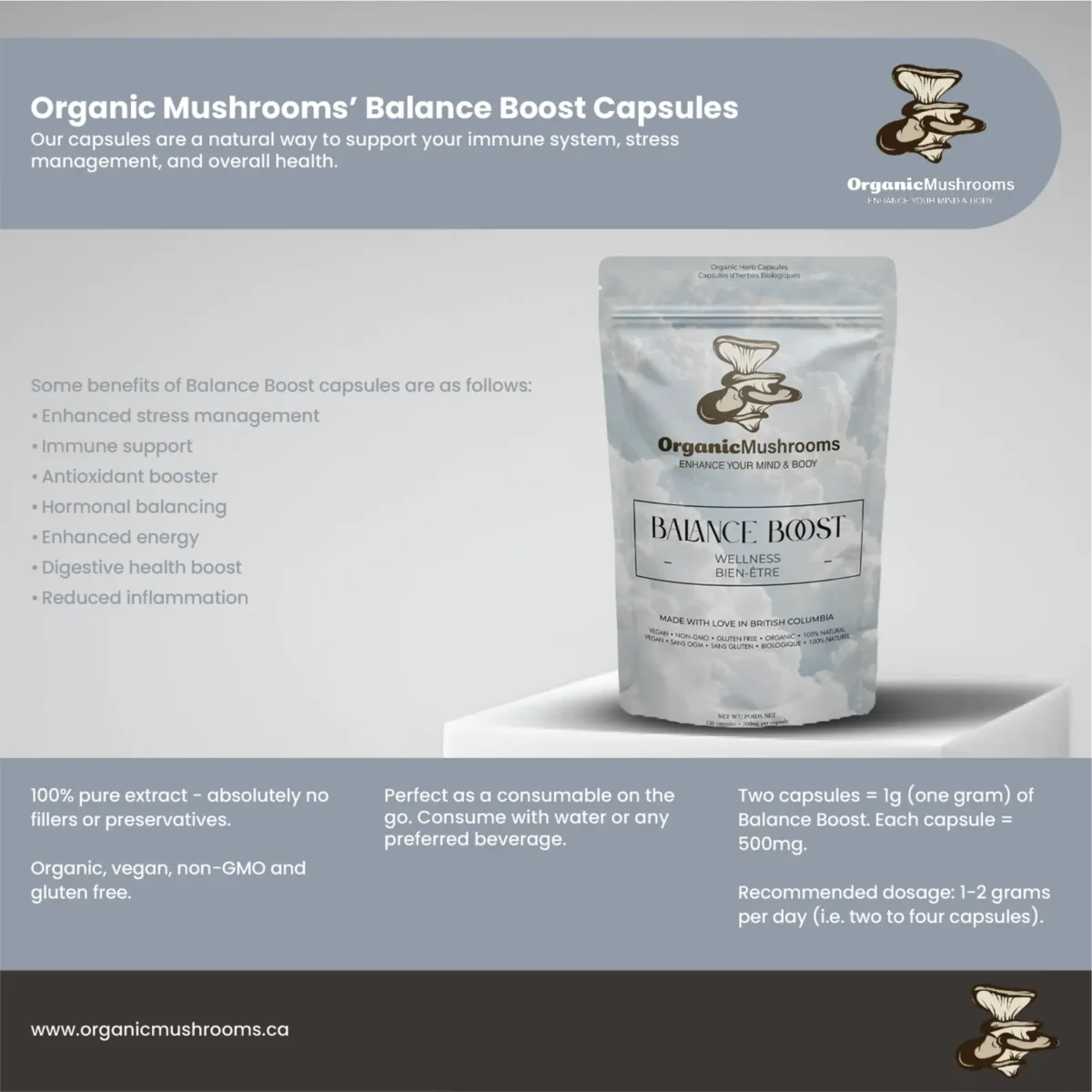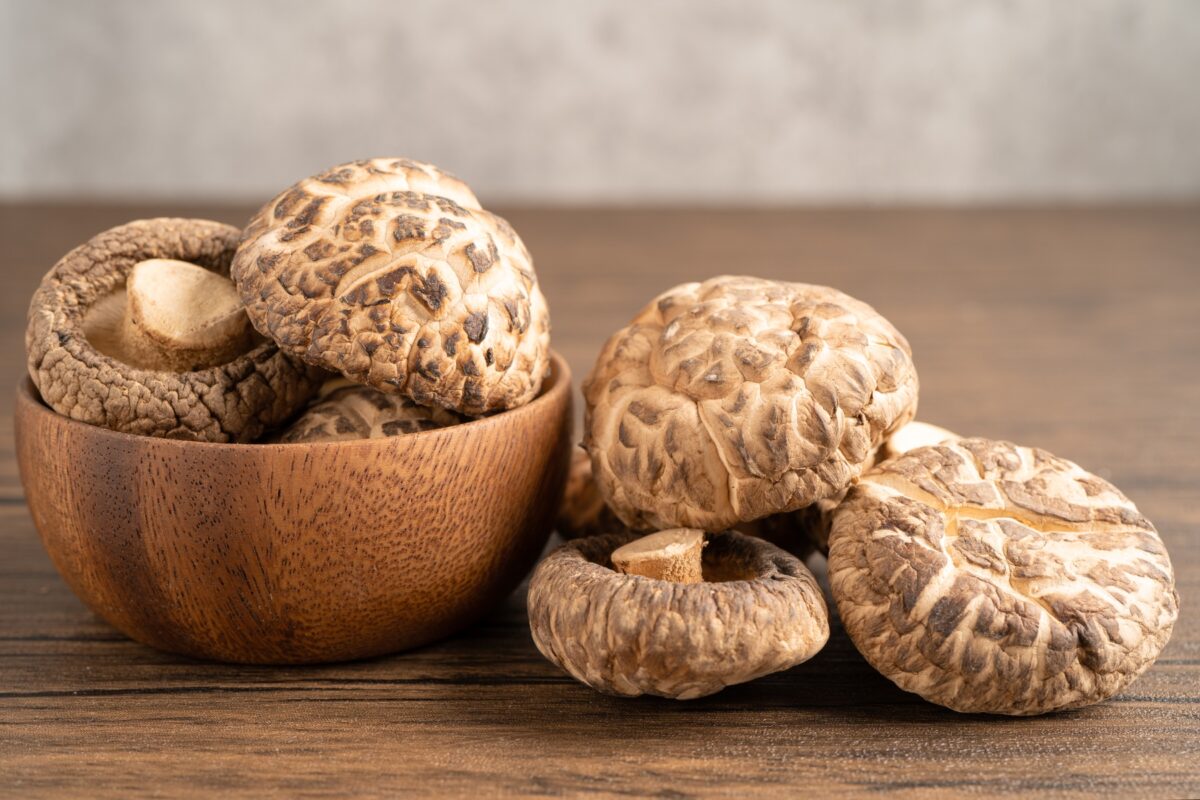The Complete Beginner’s Guide to Functional Mushrooms
Functional mushrooms are varieties known for their long history in traditional practices and natural wellness routines. Unlike button mushrooms used in cooking, these types are appreciated for their unique compounds, flavours, and textures. Many people explore them as part of a balanced lifestyle, whether through drinks, powders, or simple daily habits.
Common Types You’ll See
A few mushrooms tend to appear more often in modern functional products. Lion’s Mane is known for its striking appearance, Reishi is often associated with evening routines, and Chaga is commonly gathered in colder regions like parts of BC. Cordyceps, Turkey Tail, and Maitake also show up frequently. Each type offers its own characteristics, and beginners usually start with one variety before branching out.
How People Usually Use Them
Most beginners add functional mushrooms to things they’re already doing day-to-day. Powders often go into coffee or smoothies. Capsules are used when someone wants something quick and flavourless. Liquid extracts appeal to people who want a concentrated option they can mix into hot water or tea. There’s no right or wrong approach—just whatever feels easy enough to stick with.
Understanding Fruiting Body and Mycelium
Labels often mention “fruiting body” and “mycelium,” which simply refer to different parts of the mushroom. The fruiting body is the familiar cap and stem we see above ground. The mycelium is the root-like network that grows through wood or soil. Companies choose one or the other based on their production method, and shoppers usually pick based on preference and transparency.
Choosing a Product as a Beginner
When browsing options, it helps to look for clear ingredient lists, information on sourcing, and whether the company uses fruiting bodies, mycelium, or a blend. Some brands also share testing or certification details. Many BC shoppers gravitate toward Canadian producers because of local familiarity and transparency around how the mushrooms are grown.
At Organic Mushrooms, we provide COAs for all of our functional mushroom products, giving you clear insight into exactly what you’re getting. Check out our Transparency page to learn more.
Starting a Simple Routine
The easiest approach is to begin with one mushroom type and one format. Add it to something you already enjoy—maybe your morning coffee or a nightly tea. Get used to the flavour, adjust the amount slowly, and see how it fits into your routine. Once you’re comfortable, you can explore blends or switch formats to find what works best for your lifestyle.
Final Thoughts for Beginners
Functional mushrooms are approachable, adaptable, and easy to integrate into everyday habits. Whether you’re curious about BC-grown varieties or simply want a straightforward starting point, choosing one product, keeping things simple, and paying attention to transparency in sourcing makes the whole process smoother and more enjoyable.


